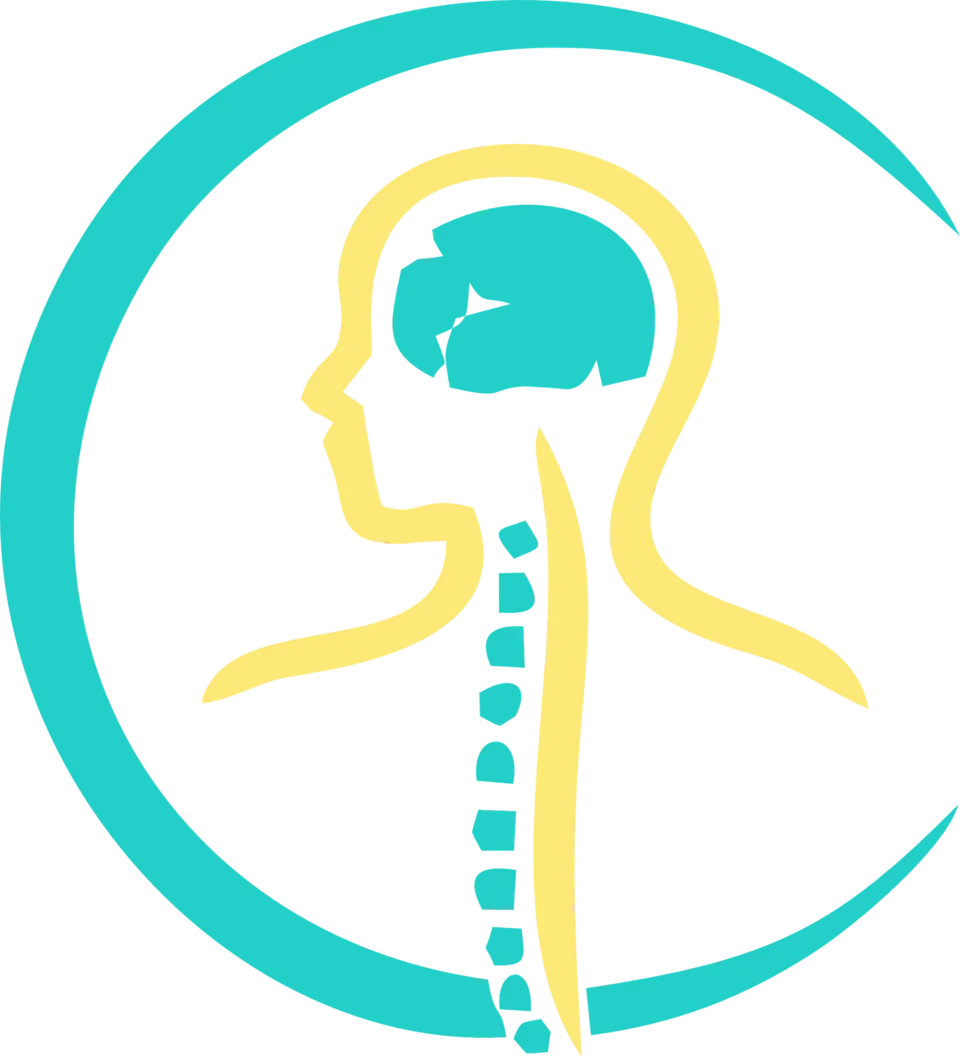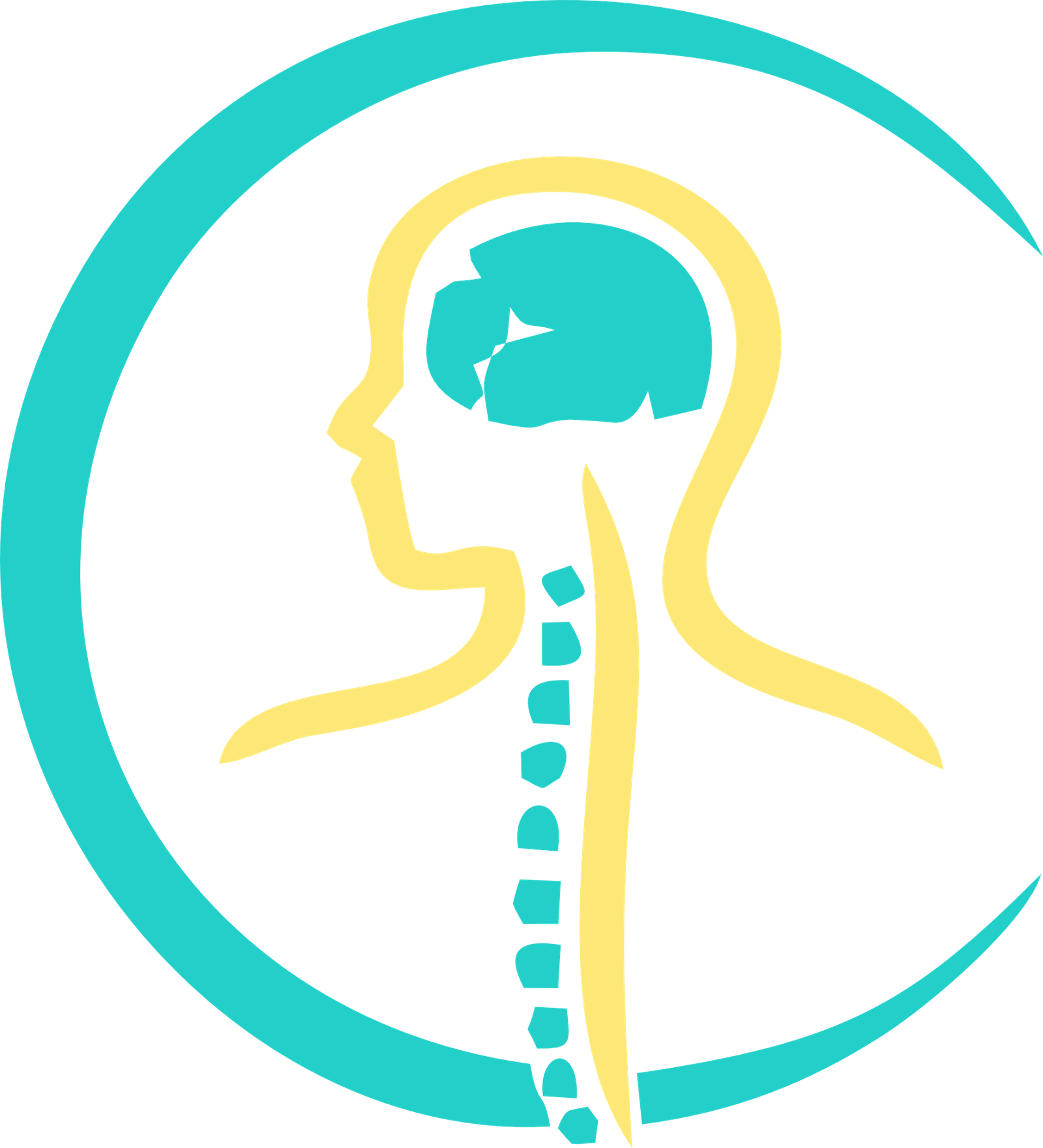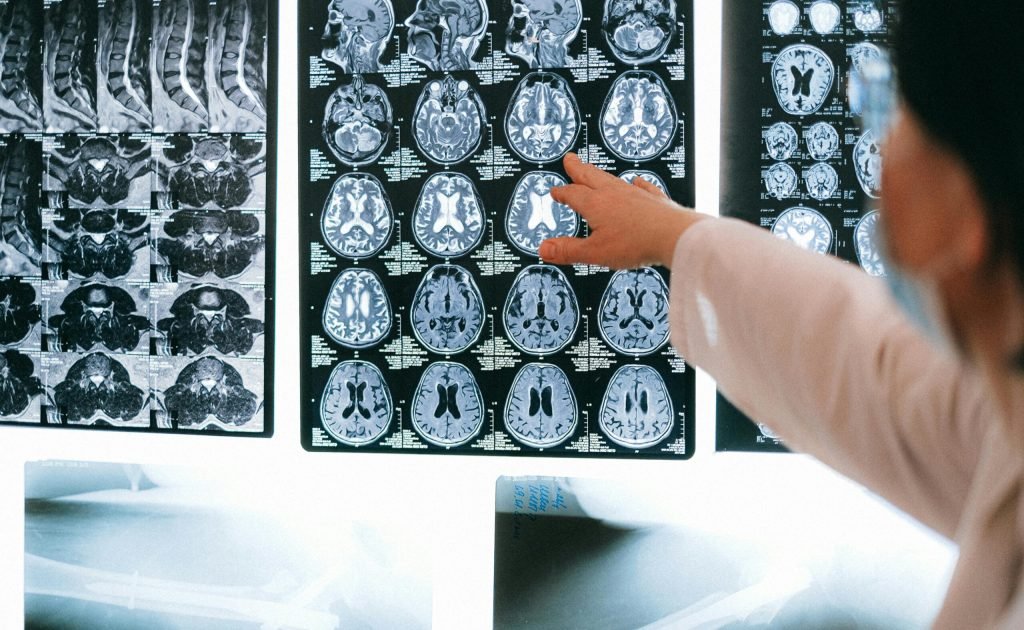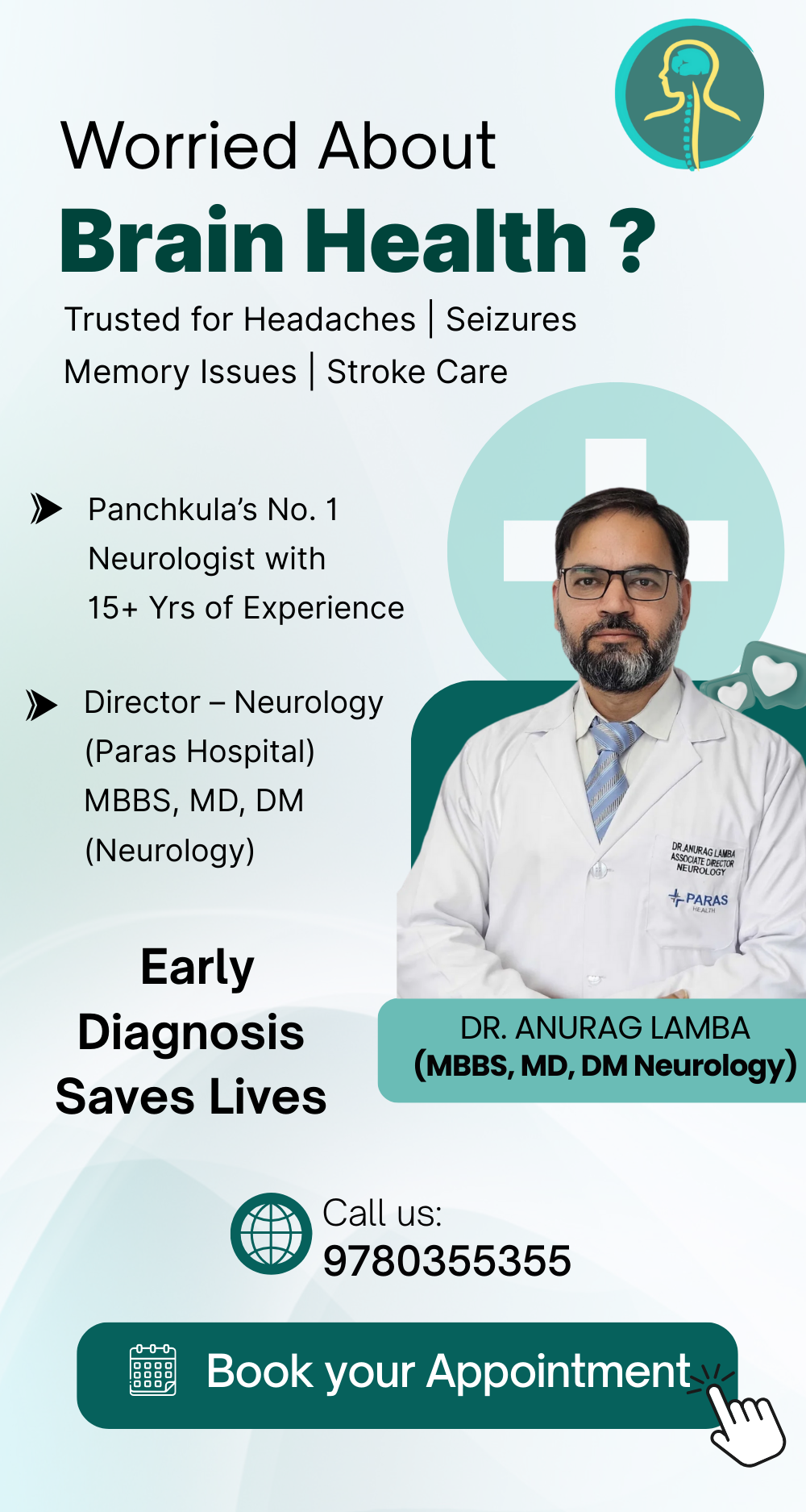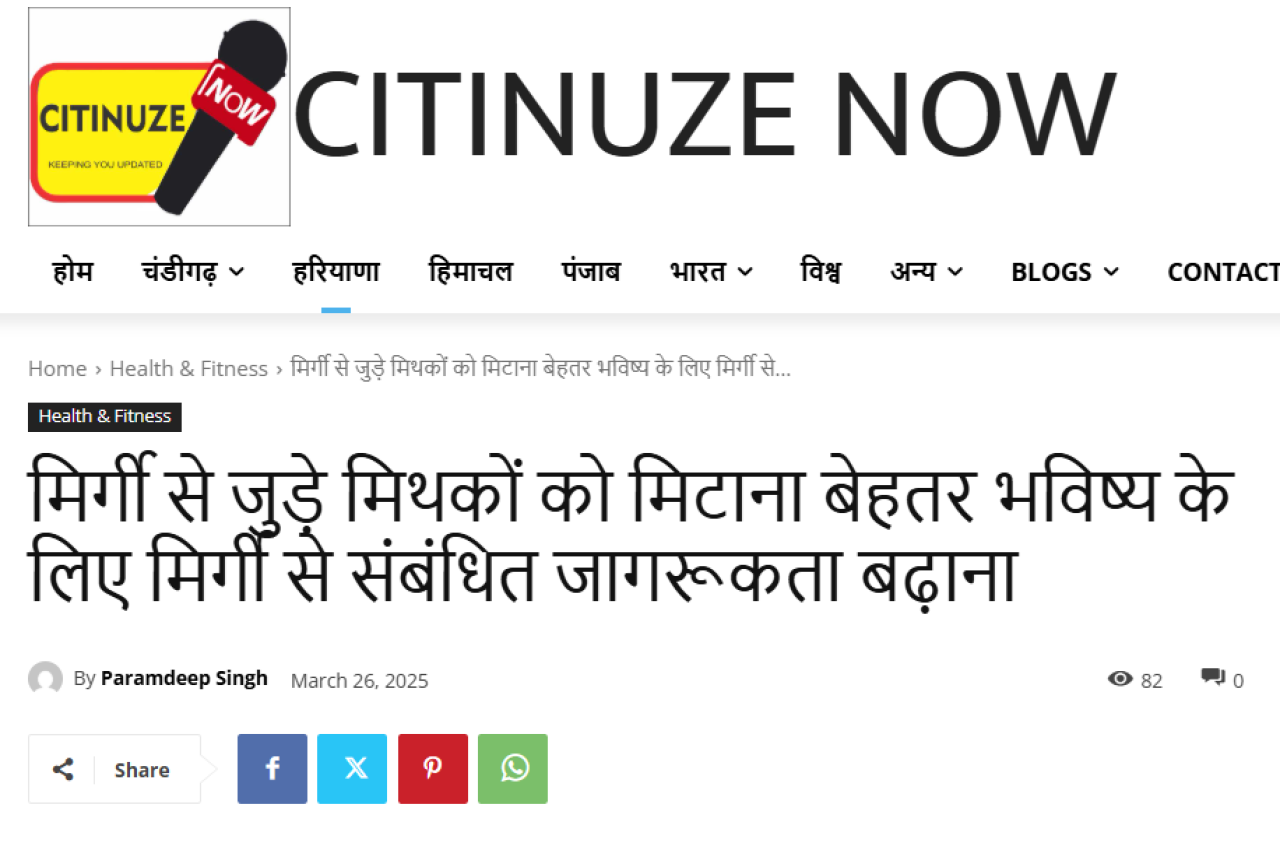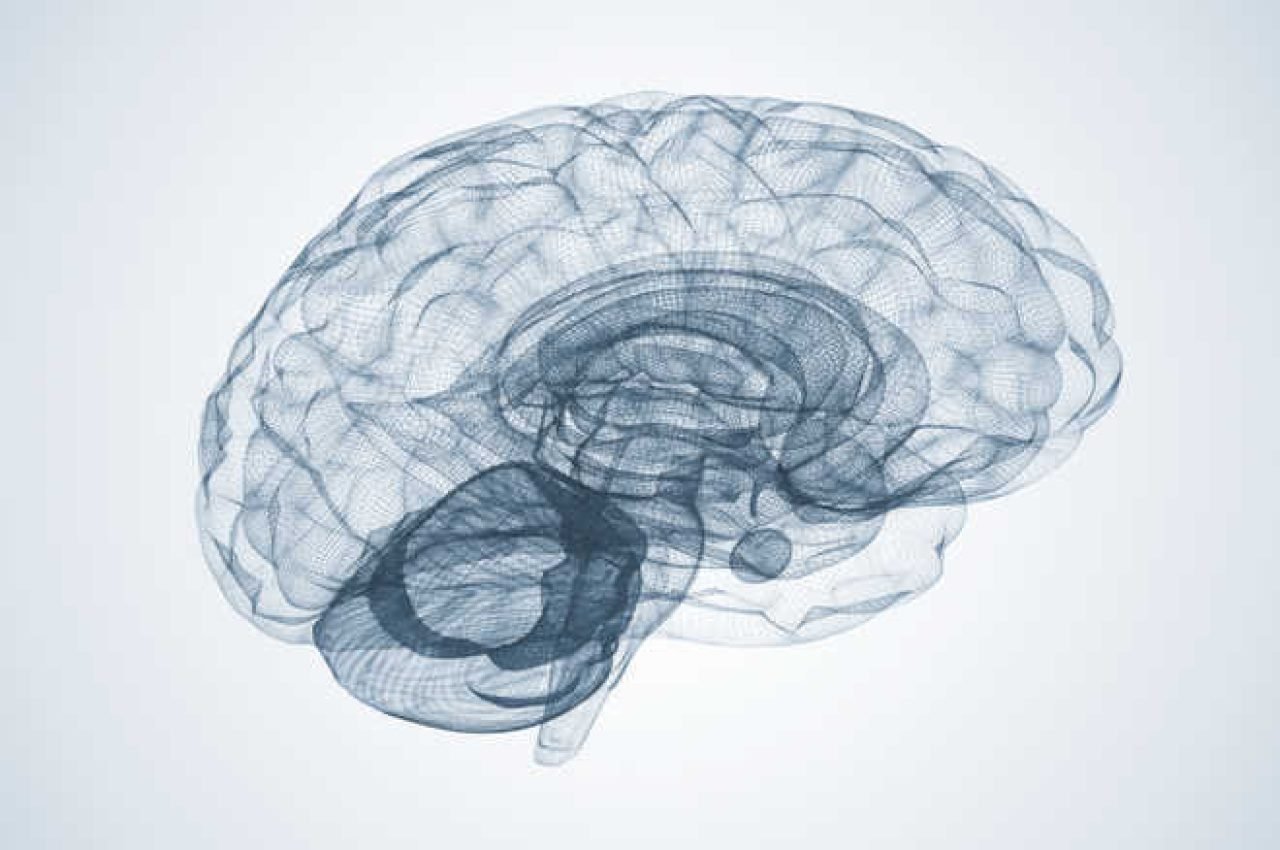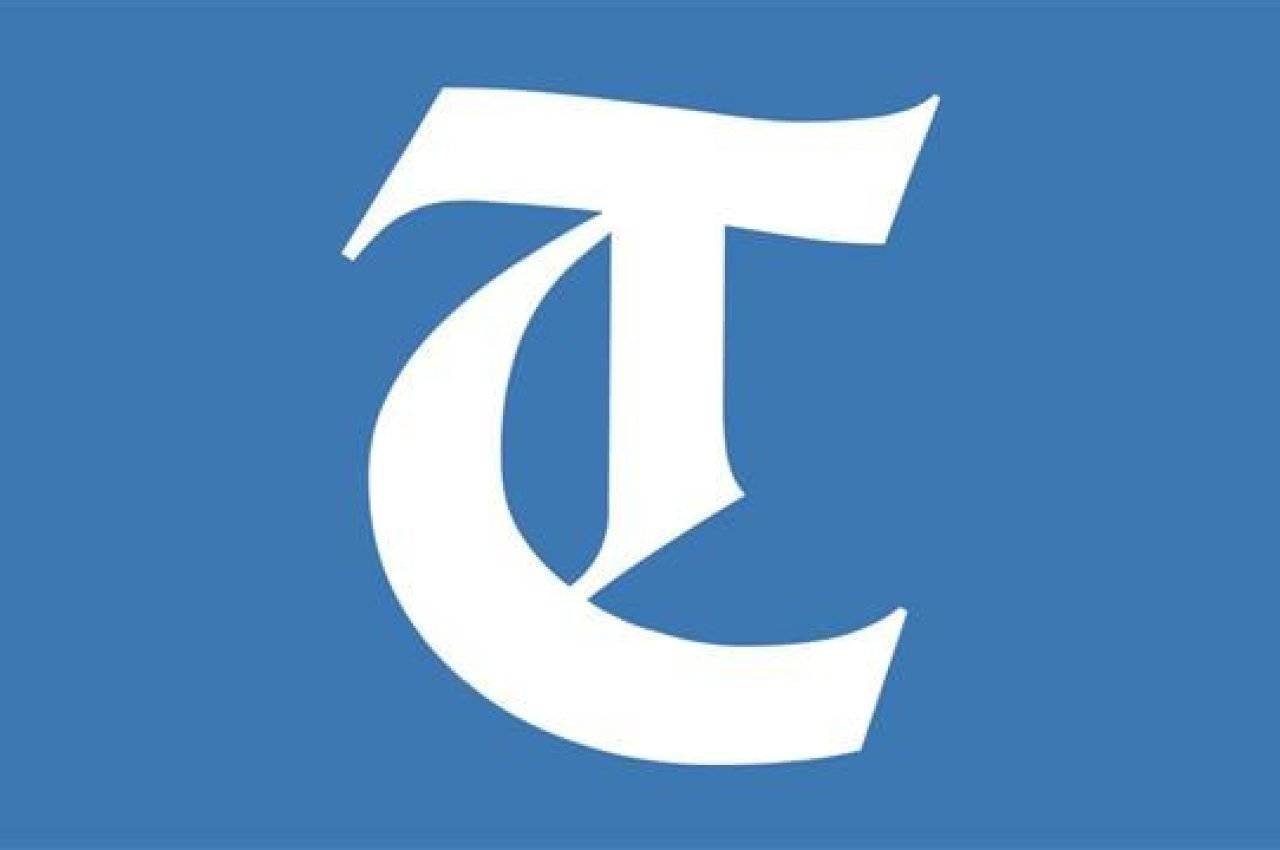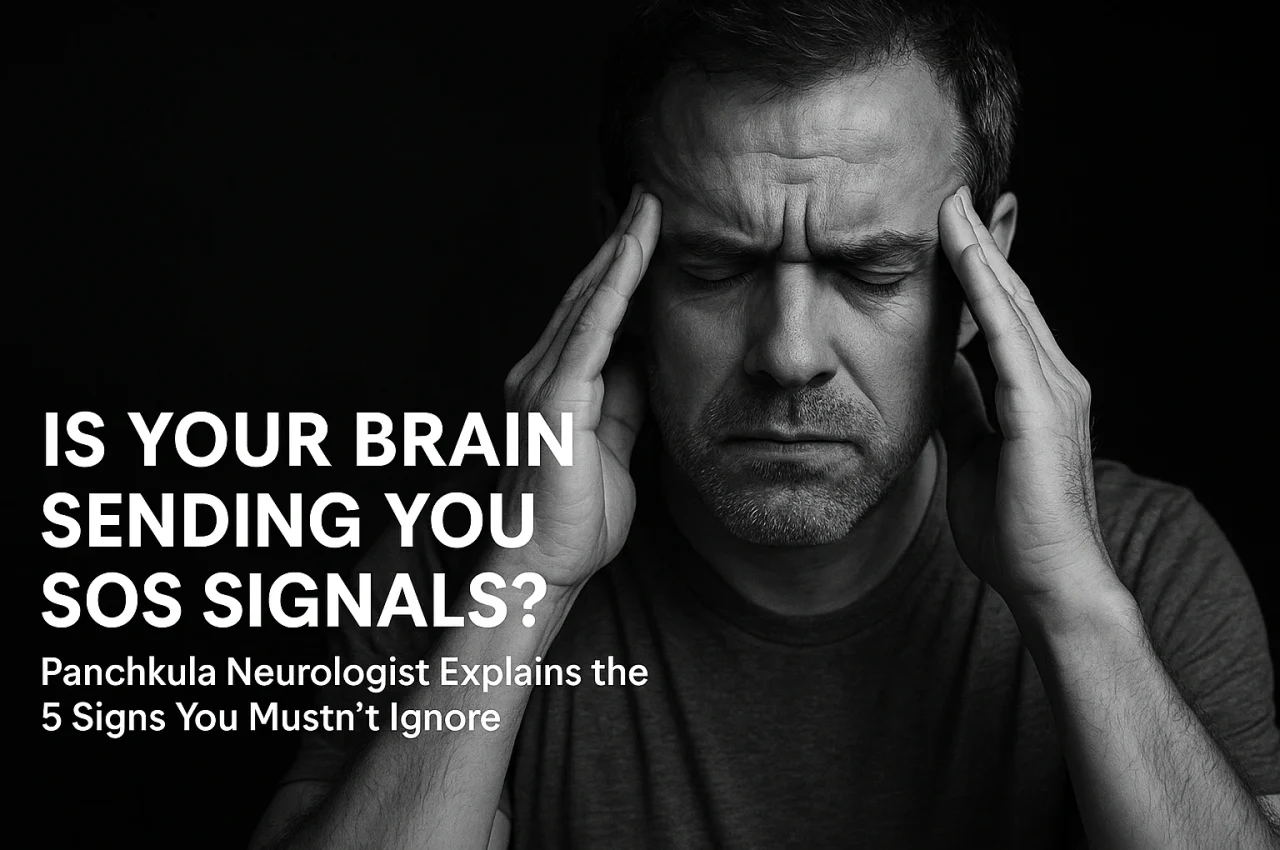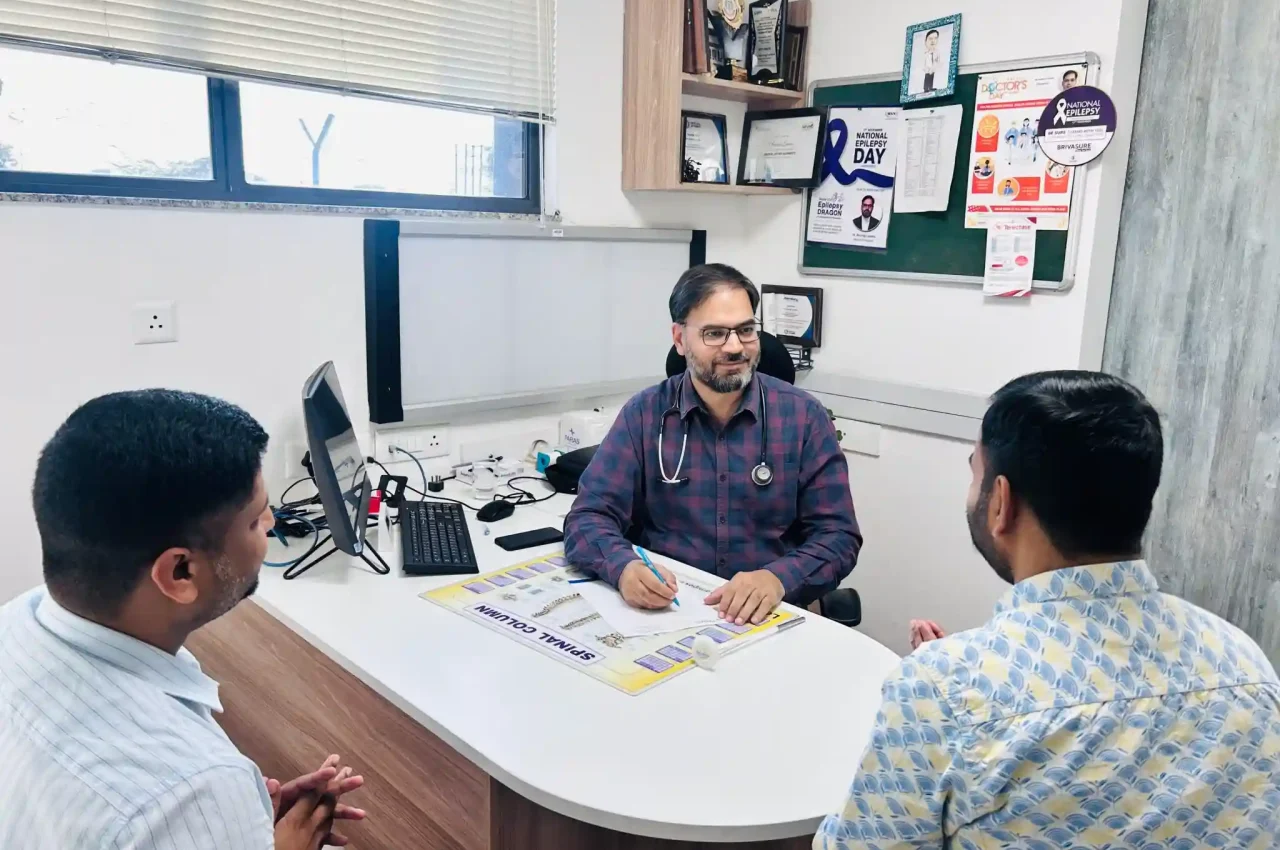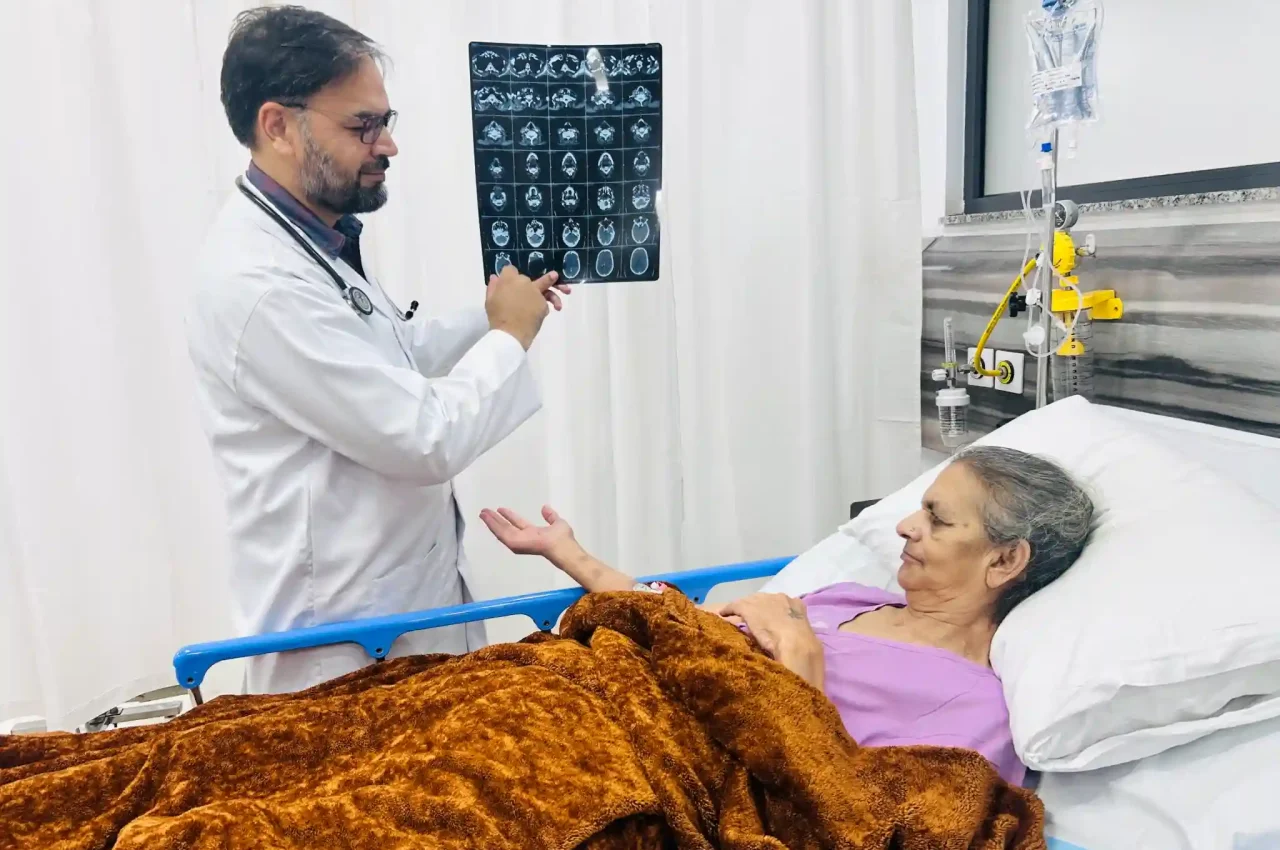Why Early Detection Matters in Pediatric Neurology
Many neurological issues in children start showing signs early, but parents often dismiss them as part of “growing up.”
Why its important to look for early signs of pediatric neurology? The truth? Early detection and care can prevent long-term developmental challenges.
At Dr. Anurag Lamba’s Clinic in Panchkula, we guide families in identifying early warning signs and offer compassionate, expert care for children’s brain and nerve health.
Common Pediatric Neurological Disorders We See
- Developmental delays (speech, walking, or social interaction)
- Epilepsy and seizures
- Cerebral palsy
- ADHD or attention issues
- Muscle weakness or poor coordination
- Autism spectrum concerns
- Learning difficulties or regression
Signs You Shouldn’t Ignore in Infants and Toddlers
For Infants (0–12 months):
- No eye contact or smile by 3 months
- Not holding head up by 4 months
- Stiff or floppy body movements
- Not babbling or responding to sounds by 6–9 months
- Not sitting or crawling by 10–12 months
For Toddlers and Preschoolers:
- No speech or very few words by age 2
- Frequent falls, poor coordination
- Repetitive behaviors or not responding to name
- Seizure-like episodes (staring spells, sudden jerks)
- Regression—losing already-learned skills
💡 Related Read: Learn how seizures present in Managing Epilepsy: Medication, Lifestyle, and Counseling
What Causes These Issues?
- Birth trauma or low oxygen at birth
- Premature birth
- Genetic or metabolic disorders
- Infections (like meningitis)
- Family history of developmental delays or epilepsy
But in many cases, early signs appear without a clear cause—which is why expert evaluation is key.
How Pediatric Neurological Evaluation Works
At our clinic, the child is gently assessed for:
✔ Milestone progress
✔ Muscle tone and movement
✔ Reflexes and sensory responses
✔ Behavior, language, and social skills
If needed, we may suggest:
- EEG for seizure activity
- MRI or CT scan to check brain structure
- Genetic or metabolic testing for rare conditions
Can These Conditions Be Treated?
Yes—the earlier, the better.
Treatments may include:
- Occupational or physiotherapy
- Speech and behavioral therapy
- Seizure medications
- Nutritional support
- Parent counseling and education
💡 Related Read: For recovery support, see Neurorehabilitation: Exercises & Tips for Faster Recovery
When to See a Pediatric Neurologist
Book a consultation if your child:
- Misses developmental milestones
- Has abnormal movements or seizures
- Isn’t responding, speaking, or engaging as expected
- Shows unusual behaviors or sensory sensitivity
- Has unexplained weakness, imbalance, or learning delays
Final Thoughts: Your Awareness Today Shapes Your Child’s Tomorrow
Early intervention doesn’t just treat—it transforms outcomes.
If something doesn’t feel right, trust your instincts and consult a pediatric neurologist early.
At Dr. Anurag Lamba’s Clinic, we offer:
✔ Early screening
✔ Evidence-based treatments
✔ Family-focused guidance for long-term care
📍 Clinic Location: Panchkula, Haryana
📞 Call Us: +91 9780355355
📅 Book a Pediatric Neuro Checkup Today
FAQ: Pediatric Neurology & Development
1. When should I worry about delayed speech or walking?
If your child isn’t saying words by 18 months or walking by 16–18 months, get a developmental evaluation.
2. Can seizures in children be outgrown?
Some types can be, but neurological review and EEG are important to understand the cause and risk.
3. Are therapies useful in developmental delay?
Yes. Speech, occupational, and physio therapy can make a significant difference when started early.
4. How often should follow-ups happen?
Usually every 3–6 months, depending on the condition and treatment plan.
